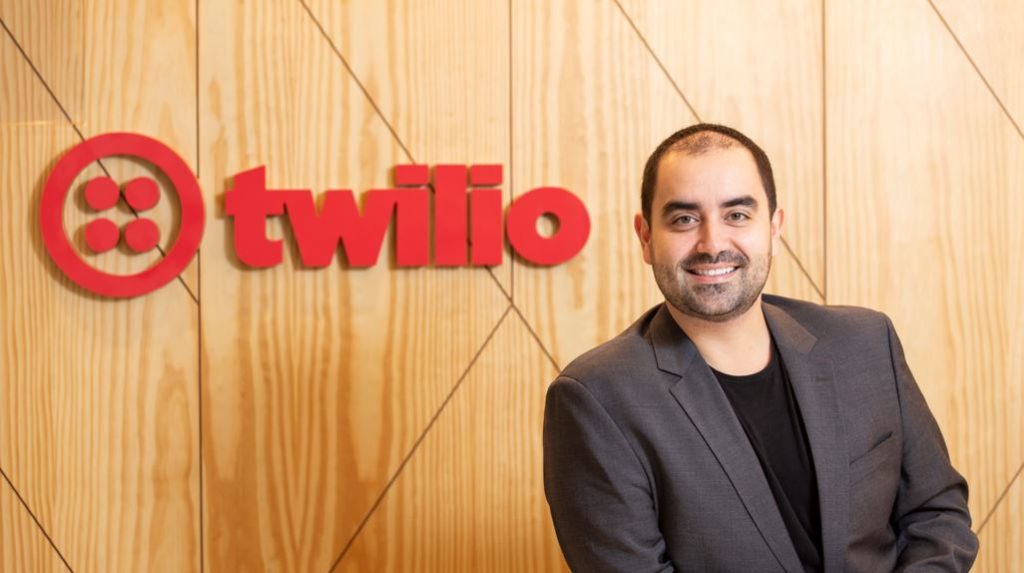 *Per Rodrigo Marinho
*Per Rodrigo Marinho
We live in a great new era of technology. This was the one that is being shaped by artificial intelligence (AI), in such a way that everything starts to orbit this technology in order to be able to take advantage of it in all types of contexts. This is no different in communication and marketing. Even shortly after the recent popularization of technology, AI is already one of the keys to deepening customer relationships in a superior way.
AI drives much more complex and interesting experiences in marketing, as in addition to scale, it helps to differentiate communication through its broad customization capacity. No wonder, 9 out of 10 companies (92%) are using AI-driven personalization to drive growth in their business (as pointed out by State of Personalization Report 2023, from Twilio).
Many organizations may still be thinking about whether it is worth investing in this type of technology, especially because of the “BOOM!” Although AI is still relatively new, the truth is that the technology is not new, even though it has gained a new layer of popularity with generative AIs over the last few months. For many years, AI has been improved for use in various functions, and with learning and improvement capabilities becoming better every day, it is possible to say that there are already very mature solutions on the market to adopt AI in your infrastructure.
One way to do this is by adopting a customer engagement platform that adds AI to its intelligence layers, combining large language models (LLMs) with solid and compatible customer data. This allows for a new level of personalization, which is not only a consumer demand, but also a crucial point of competition.
Still, there are those who think that the investment is high, that the “current way” has been working so far, but research says otherwise. Only 15% of consumers agree that brands do a great job of providing personalization (Customer Engagement Report 2023). In the future, competitiveness and engagement will depend entirely on more complex personalization strategies. We are already at the end of the era of non-personalized and impersonal communication.
Furthermore, the amount of data available no longer supports human analysis alone, not to mention that any AI solution is only as good as the data on which it is built, so the source and treatment of the data is very important. This denotes that when it comes to drawing up new marketing plans, without complete data intelligence, this strategy is doomed to be “more of the same”, impersonal and, consequently, less efficient in winning over customers and engaging those already in your portfolio. .
As for what is gained, in addition to the strategy layer, we can highlight that several communication tools become more efficient. An example are chatbots used in different moments of customer contact, which are capable of answering customer questions and solving problems in a more natural, complex way – and without demanding so much from developers.
The same goes for personalized content used as contact pieces (emails, messages, advertisements, etc.), which now become more personal and engaging, as AI is able to show how much that company really knows its customers, as it takes advantage of make the most of the relationship data they have collected over years of relationships. AI, in this case, provides deeper insights into what that customer is looking for in terms of products, services and relationships.
The most interesting thing is that all of these are not possibilities. These are already concrete and usable realities. AI is no longer a trend, it is a current technology that has already changed the entire way of doing marketing.
*Rodrigo Marinho is Regional Sales VP LATAM at Twilio.
Notice: The opinion presented in this article is the responsibility of its author and not of ABES - Brazilian Association of Software Companies













